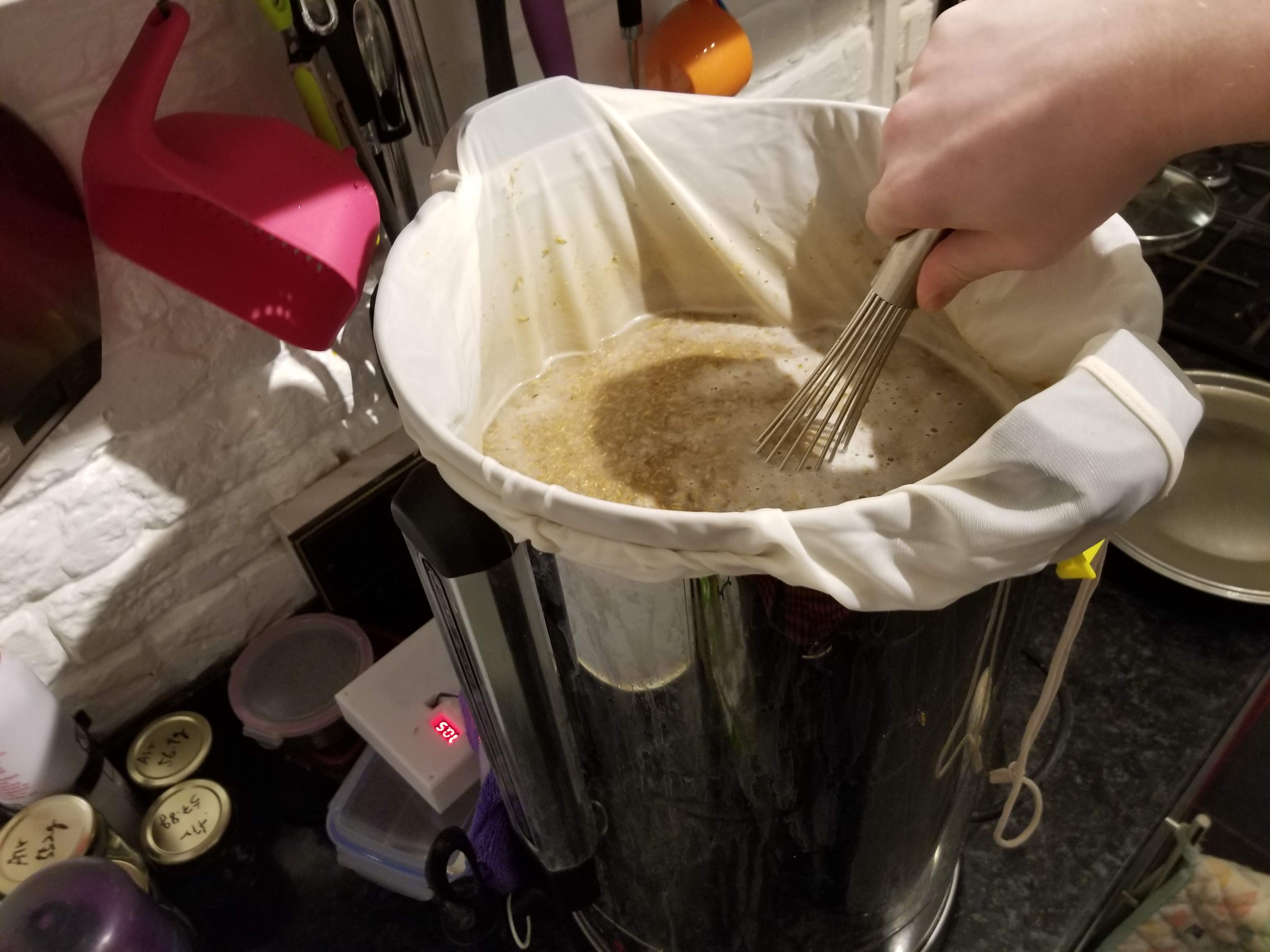Kill two birds with one stone here and ask both on the same thread.
What do you guys find is the main difference between a full volume boil and a partial boil then topping up the concentrated wort? I only boil what can fit into my Burco then top up the rest when I’m transferring to my no chill cube.
Also, how can you leave hops in the FV for too long and get “grassy” flavours but everyone is now chucking them into the corny kegs for weeks on end and it’s deemed fine?
cheers
What do you guys find is the main difference between a full volume boil and a partial boil then topping up the concentrated wort? I only boil what can fit into my Burco then top up the rest when I’m transferring to my no chill cube.
Also, how can you leave hops in the FV for too long and get “grassy” flavours but everyone is now chucking them into the corny kegs for weeks on end and it’s deemed fine?
cheers









































